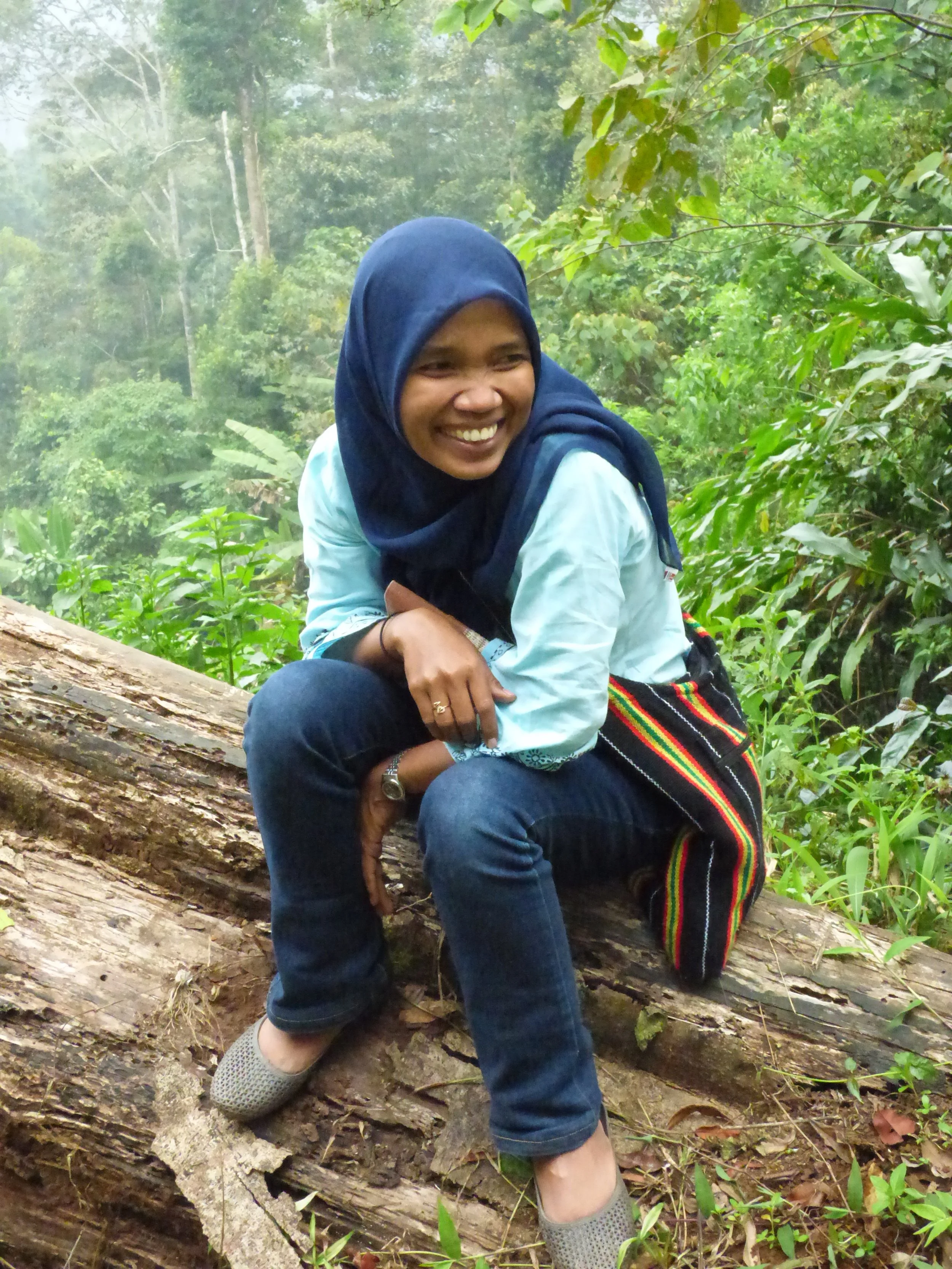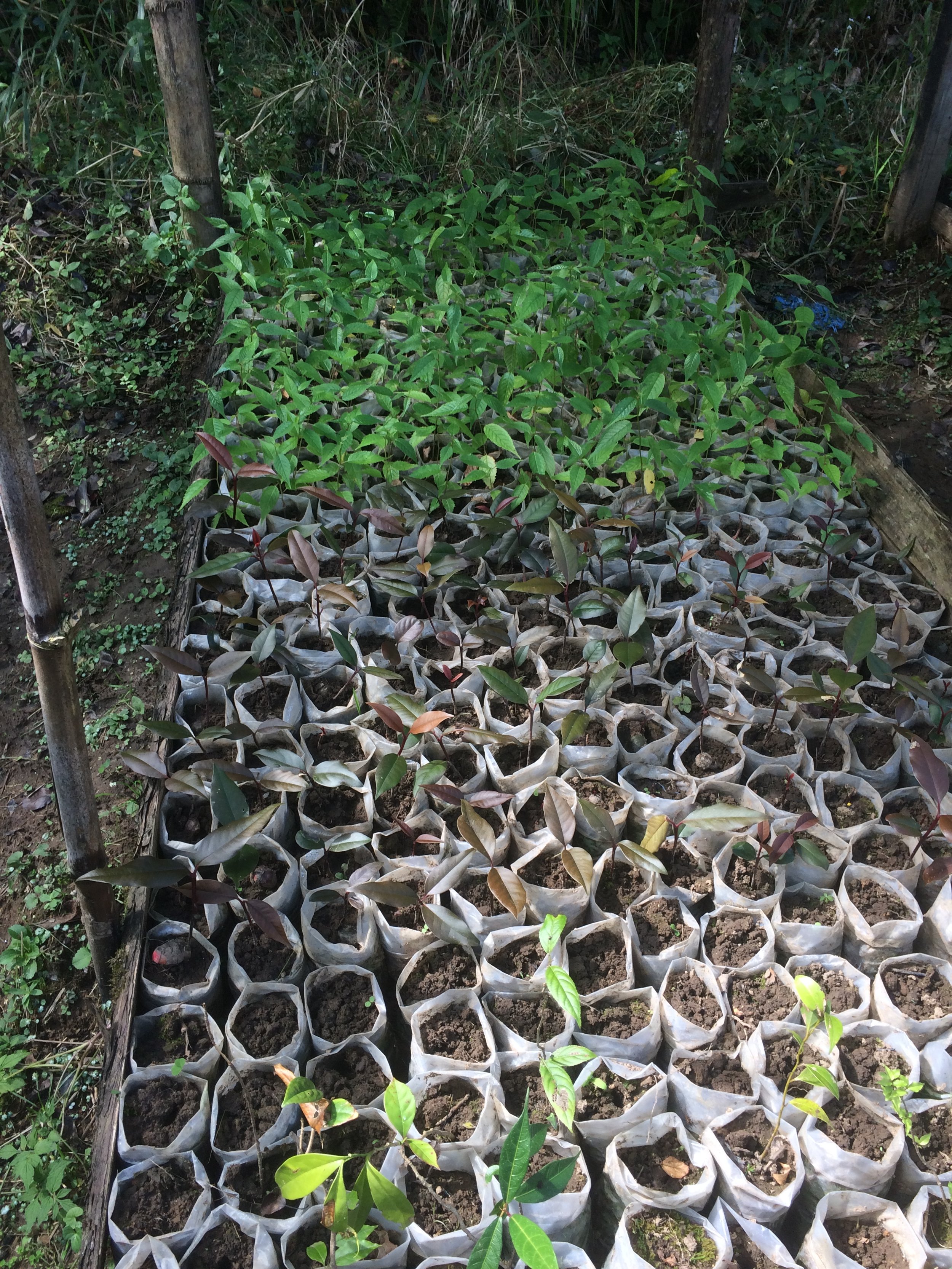
As a consulting group, Eco Solutions evolved from experience with two NGOs, Asia Forest Network and Community Forestry International.
Our Journey
-
Dr. Poffenberger began a two-year assignment with Volunteers in Asia (VIA) in a multi-cultural village in Nepal’s Kathmandu Valley. He helped to establish a primary school and health clinic. Residing in an old mud house in the village allowed him to learn more about the rural people and their lives. This experience shaped his knowledge of sustainable rural development policies with its benefits as well as challenges for local people. The experience formed the basis for his first book, Patterns of Change in the Nepal Himalaya (Macmillan 1980).
-
With a grant provided by USAID, Dr. Poffenberger spent three years living in rural communities in Bali, Indonesia, conducting research on indigenous resource management systems and the local economy. He interviewed over 1,200 families to assess livelihoods, education, and health conditions to inform of an island-wide community development project by Plan International. This helped to create strategies that strengthened indigenous Balinese institutions and better target their assistance to respond to local priorities.
-
Dr. Poffenberger was hired by the Ford Foundation in Jakarta, Indonesia to design and guide their Natural Resources Management program in Southeast Asia. Over the next seven years, he worked with the government and non-government research teams examining traditional systems for water management, farming, and forestry. Increasingly, he was engaged in assisting national forest departments in Indonesia, Thailand, and the Philippines to explore policies and programs to recognized and empowered forest communities. One of the key outcomes of this process was the establishment of national social forestry programs in most Asian countries during the 1990s. The experience provided the material for his second book, Keepers of the Forest (Kumarian Press, 1990).
-
Based on the success of the social forestry movement in Southeast Asia, Dr. Poffenberger transferred to the Ford Foundation, New Delhi, India to develop a parallel Ford Foundation program in India and Nepal. He found the country was already experiencing a grassroots forest protection movement lead by tribal communities in West Bengal and Orissa. Working with the National Ministry of Forests, state forest departments, universities, and NGOs, a new national policy emerged supporting Joint Forest Management (JFM) in 1990. Over the next three decades, JFM activities empowered hundreds of thousands of forest communities, who now manage over a third of India’s public forest land. This process is documented in his third book, Village Voices: Forest Choices (Oxford University Press, 2000).
-
Dr. Poffenberger founded Asia Forest Network to create a network of community forestry stakeholders in Asia. Its mission was to promote the development of supportive national policies and field projects that support sustainable forest management through regional meetings and sharing of information from the community level, local government, and national government.
-
Dr. Poffenberger and Dr. Smith-Hanssen co-founded Community Forestry International (CFI) to support field projects that were protecting high value forests and biodiversity. CFI was one of the early pioneers in the assessment and viability of indigenous community-based projects marketing carbon offset credits under the UN-REDD program. CFI closed in 2015. CFI designed India’s first certified community REDD project in the state of Meghalaya (2012); Cambodia’s first certified community REDD project in Oddar Meanchey (2013); and Indonesia’s first certified community REDD project in Bujang Raba (2013). CFI was retired in 2015.
-
Dr. Poffenberger and Dr. Smith-Hanssen co-founded Eco Solutions Consultants LLC (ESC), to provide support in an advisory capacity to community projects. Currently, ESC consults with the Bukit Barisan Forest Conservation Project, Indonesia and the Khasi Hills Community REDD Project, NE India.






